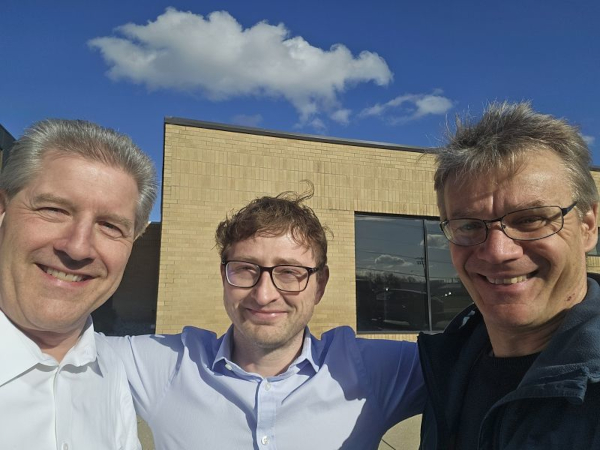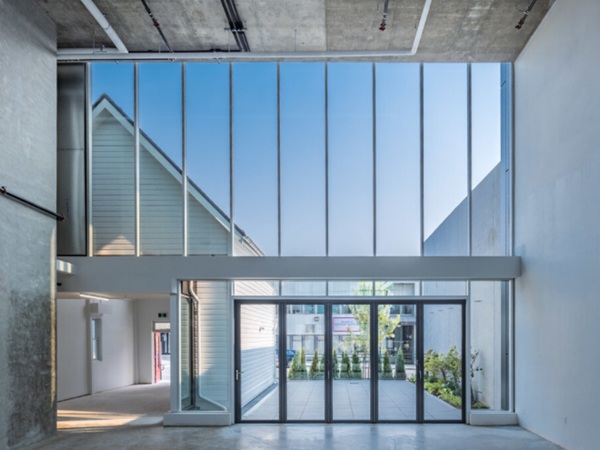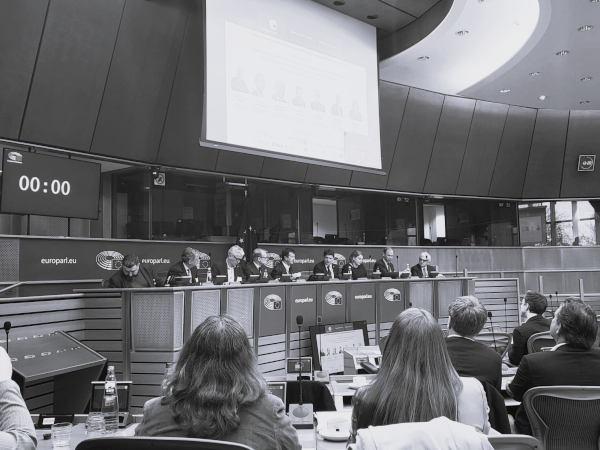
Date: 21 November 2018
The Glass Futures consortium brings together industry and academia, with the aims of increasing productivity and sustainability in the sector, and dramatically reducing or eliminating carbon dioxide emissions.
The University of Cambridge has joined Glass Futures whose current partners include Pilkington UK, the University of Leeds, Guardian Industries, Encirc 360, Sheffield Hallam University, Siemens, Swarovski and the world’s largest glass bottle manufacturer Owens Illinois.
Richard Katz, the founder of Glass Futures, a not for profit company, said: “The addition of the University of Cambridge will bring additional strength to our future plans, complementing the research expertise of our existing academic partners in Leeds and Sheffield. By harnessing the best of industry and academia and investing in research and development we really can help the industry grow and bring major benefits to the UK economy.”
Glass manufacturing is said to contribute around £3bn to the economy currently. The aim of Glass Futures is to create two centres of excellence in research and development, one at Pilkington Glass in St Helens and the other at the University of Leeds, at a total cost of £50m. Half the money is expected to come from industry, with matched funding sought from Government.
The University of Cambridge brings significant expertise, particularly in the development of high-performance glass for use in buildings. Dr Mauro Overend, leader of the University’s Glass and Facade Technology Research Group, which is within the University’s Department of Engineering, will be joining Glass Future’s advisory board.
He said: “The great thing about Glass Futures is that it fuses together expertise from across the world to translate research ideas into real solutions for the problems of the future.
“For example, we are looking forward to working with the University of Leeds which is researching smart coatings for glass to make it stronger. Our collaboration could lead to glass being used much more effectively in the construction of large buildings in the future thus reducing the cost and energy required to construct and operate buildings.”
Professor Animesh Jha, the lead academic from the University of Leeds, said: “Bringing together researchers across multiple universities and industry is a significant benefit of Glass Futures, so we look forward to collaborating with Cambridge’s engineers and sharing expertise which will ultimately support the growth of the sector across the country.”
The plan is for the Leeds site to focus on the ‘cold’ side of glass production, with research into coatings, structure and the use of glass in medicine. The exact location has yet to be determined but is expected to be within the city.
Across the Pennines, the proposed St Helens site would focus on the ‘hot’ side of glass production, with a large experimental glass furnace capable of producing 30 tonnes per day for windows, bottles or fibre glass. Research there would concentrate on raw materials and alternative energy sources to reduce carbon and other emissions by over 80 per cent.
Other Glass Futures members are: glass plant engineers and contractors Tecoglas; the Worshipful Company of Glass Sellers of London; the Society of Glass Technology; the British Glass Manufacturers’ Confederation, and Glass Technology Services. Other universities, including Liverpool, Nottingham and Swansea, are also supporting the project with their expertise.
More than 6,000 people are directly employed in the glass manufacturing industry at 20 or so major sites across the UK; with a further 100,000 or so jobs relying on glass, in industries as diverse as food and beverage filling lines, window installation, auto windscreens, construction of wind turbines and electronic circuit boards.
 600450
600450










Add new comment